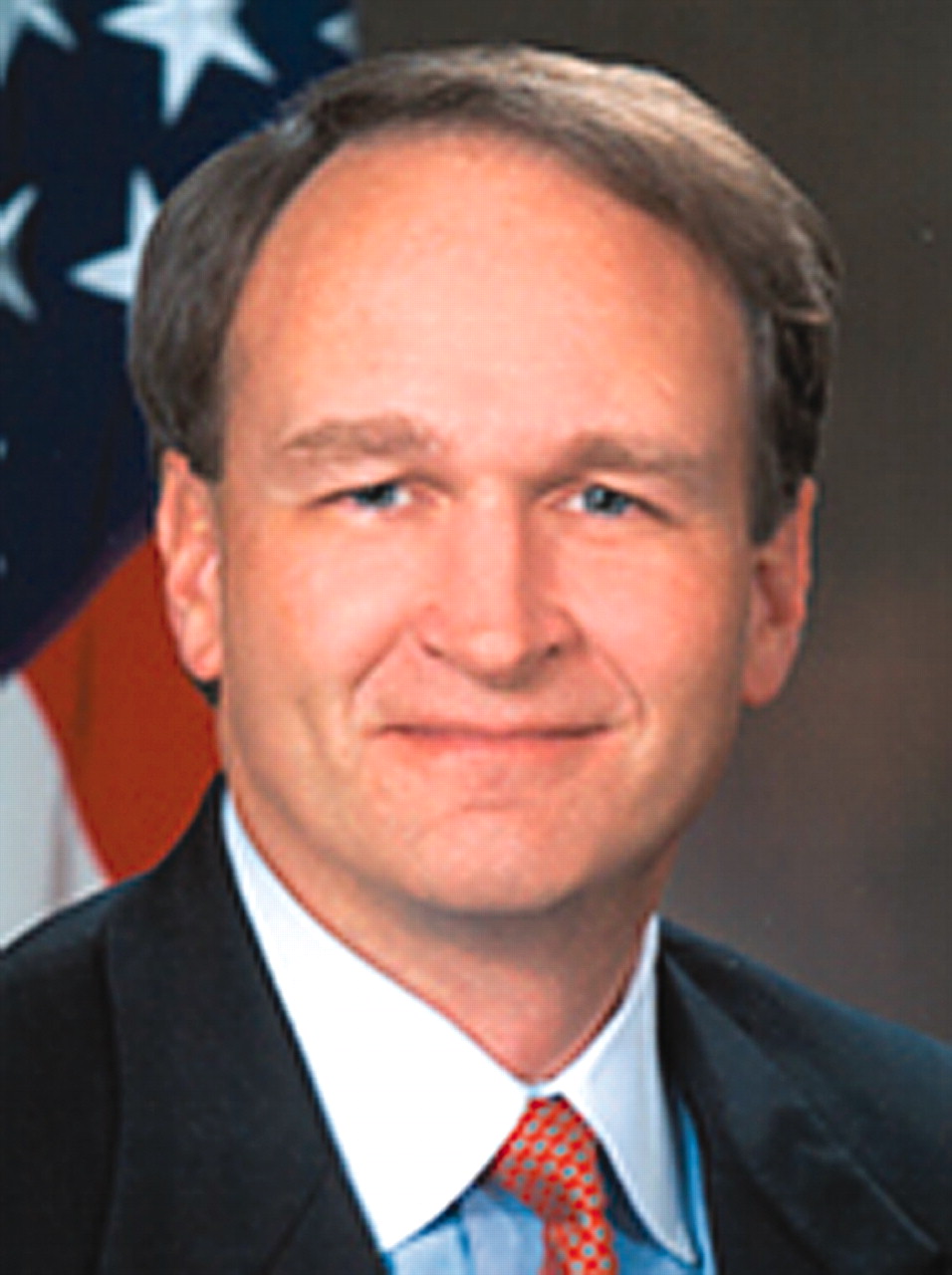Military Boosts Monitoring Of Soldiers' Mental Health

William Winkenwerder Jr., M.D., oversees the military's readiness to provide health care services and support to soldiers during military operations.
In the next few months, the U.S. military will begin conducting a second survey of American soldiers three to six months after their return from Iraq and Afghanistan to identify whether they need mental health care.
The military already conducts surveys of all active-duty soldiers within two weeks of their return from overseas deployment to detect health and mental health symptoms. That initiative began in April 2003 when the war in Iraq started.
“We made the initial postdeployment health survey as inclusive and routine as possible to decrease potential stigma and increase participation,” William Winkenwerder Jr., M.D., assistant secretary of defense for health affairs, told reporters at a January briefing in Washington, D.C.
“We have since learned from research published in last July's New England Journal of Medicine that soldiers who were assessed three to four months after deployment in Iraq in particular had significantly higher rates of PTSD and depression than predeployment,” Winkenwerder said.
To detect mental health problems that emerge months afterward, the Department of Defense (DoD) has assembled a multidisciplinary team that includes several psychiatrists to design the survey questions and implementation process, according to Col. Joyce Adkins, the DoD's program manager for operational stress deployment for mental health. She added that more details would be released at a later date.
“Our goal has always been to identify health concerns at the earliest possible time, so that we can begin care quickly and effectively,” Adkins told Psychiatric News.
The surveys are anonymous but include Social Security numbers. “This information allows us to add the surveys to the person's health record and compare responses to health and mental health questions in previous surveys,” said Adkins. ▪



